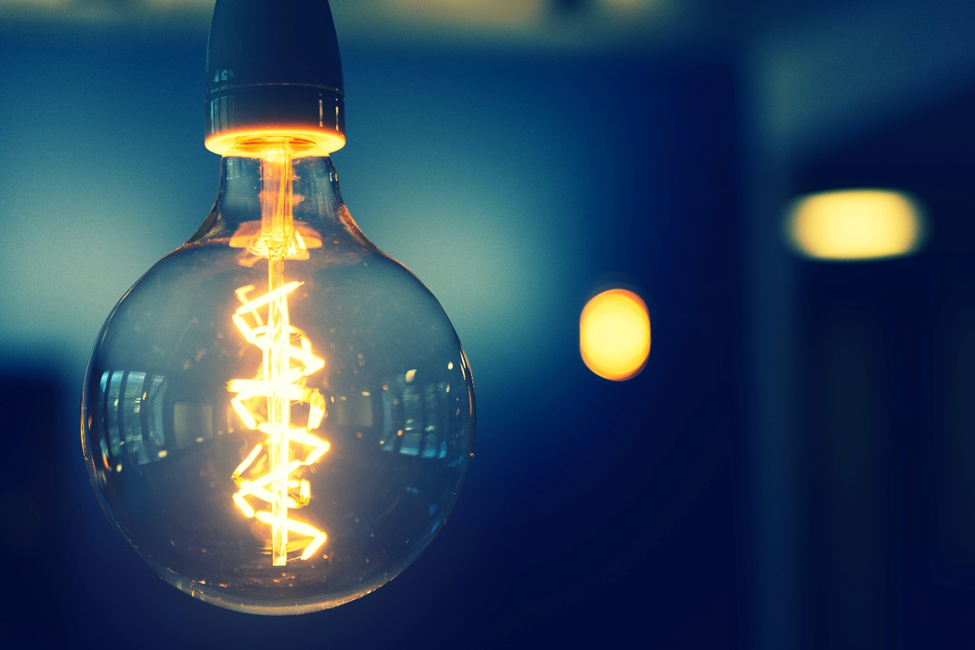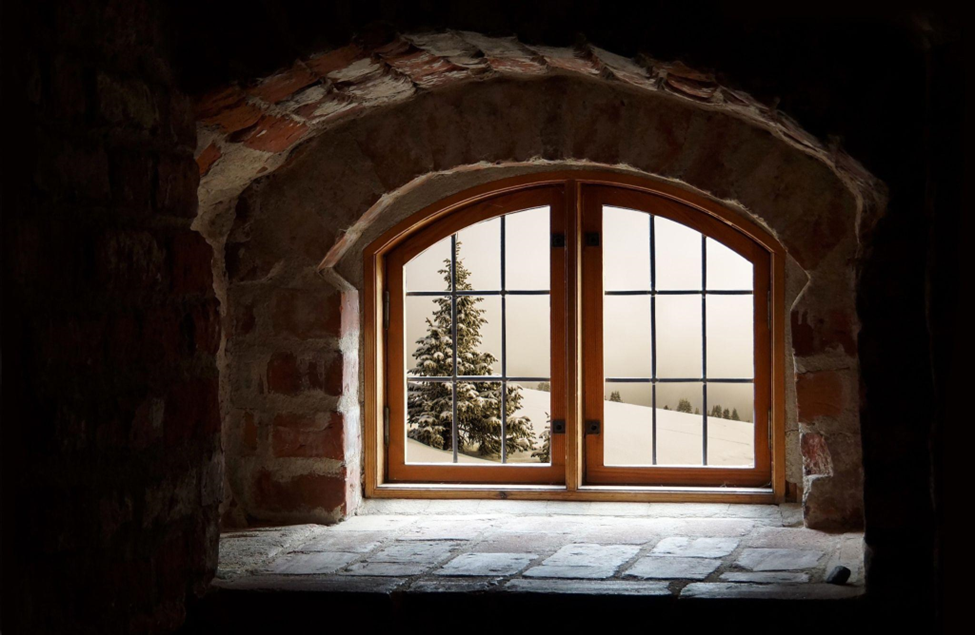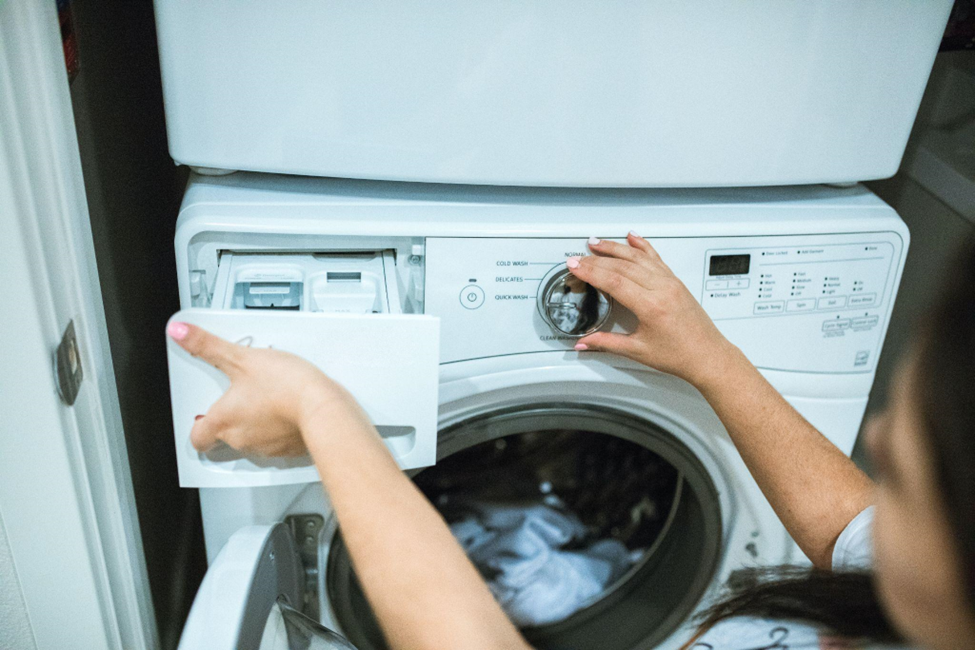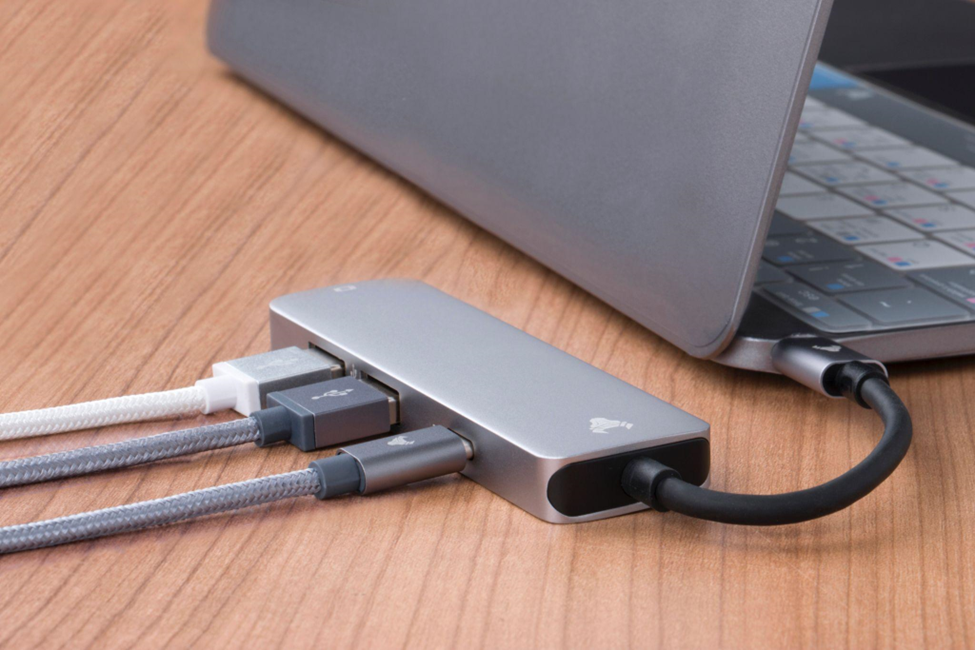Today’s inflation is a serious and costly problem, but the exorbitant cost of energy has been a persistent thorn in the side of nearly every European. From 2020 to 2022, the energy price in Europe increased by roughly 300%, reaching all-time highs and squeezing Europeans’ finances.

Though you probably can’t forgo energy use entirely, there are certain things you can do to save money on your monthly electric bill. And, with no end to the energy crisis in sight, we put together 9 tips you can use to reduce your energy consumption and put money back in your pocket. Some might be obvious, and some might be new to you, but we hope they can help you navigate the rising cost of electricity:
1. Invest in solar panels for your home
In addition to being better for the environment than traditional energy sources, such as fossil fuels, solar panels can save you money in the long run. Though solar panels require an upfront investment of several thousand euros, you’ll eventually recoup the cost of solar installation through savings on your energy bill, not to mention increasing the resale value of your property. It’s a big decision, but if you can afford the addition of solar panels to your home, you can continue reaping the rewards year after year for as long as you own the house.
2. Service, repair, or replace your HVAC system (and other appliances)
Your heating, ventilation, and air conditioning (HVAC) systems are essential for keeping you comfortable when it’s hot or cold. Still, they also devour electricity, accounting for nearly half of your home’s energy consumption.
Newer HVAC systems use less energy to heat and cool your home, so if you have an older unit, you may consider replacing it with something more modern. If your unit isn’t very old or you just can’t take on the addition of replacing your HVAC system, a simple servicing and a new filter can go a long way in saving you money. In fact, replacing a dirty HVAC filter can reduce an air conditioner’s energy consumption by 5% to 15%.
3. Check your windows and doors
A whopping 25% to 30% of your home’s heating and cooling costs go straight out the window – literally. That’s right, over a quarter of the money you spend on heating and air conditioning could disappear through your windows and doors. Replacing your windows and doors with new ones is a major expense, but checking and replacing the seals might be an affordable compromise.

4. Get a smart thermostat
A smart thermostat can optimize how your HVAC systems heat and cool your home, in addition to offering insights on how much energy you use. If you use a smart thermostat correctly, you can reduce your electric bill by using only as much energy as you need. A smart thermostat also comes with the added benefit of being able to control your HVAC system remotely.
5. Use your windows wisely
Long before the advent of air conditioning in the early 20th century, people relied on windows to help cool their homes. Opening your windows in the summer for some fresh air can be a great alternative to pumping up the air conditioning. But, if you do need to turn on the AC, make sure you draw your blinds to keep the sun out. During cooler months, however, you may be able to harness the sun’s power to help provide some additional heat by raising your blinds.
6. Upgrade your insulation
An estimated one-third of Europeans live in poorly insulated houses. According to the Building Performance Institute Europe (BPIE), insulating your roof and attic could save you nearly 17% on your annual energy bill.
Besides the attractive savings on your energy costs, insulating your home can prevent moisture buildup, lend a helping hand to the environment, help protect against fire, and even filter out some of the noise you hear while relaxing at home.
7. Limit your hot water use
Hot water is a luxury, but one that can cost you. You could be paying hundreds of euros every year for hot water you don’t really need to use, so cutting back where possible can save you some serious change. Try washing your clothes in cold water, taking shorter (or cooler) showers, and avoid leaving the water running when you’re not using it.

8. Switch to LED bulbs
LED lighting is highly efficient, using 90% less energy than traditional light bulbs and 60% less than halogen lights. Though LED lights are more expensive initially, they use far less energy than other light bulbs and can last for decades, so you rarely need to worry about changing them.
9. Unplug unused devices
It might not seem like any electricity is being used, but keeping all your devices and appliances plugged in when they’re not in use can wastefully consume energy. Obviously, you shouldn’t unplug your refrigerator, but if you’re not using your coffee pot, toaster, or food processor, unplug the cord out of the outlet to ensure you aren’t sending costly electricity into oblivion. And, if you’re like most people, do yourself (and your wallet) a favor and stop leaving your phone and laptop charger plugged in when you’re not using them.

Use less to save more
Sometimes, saving on your energy bill is an investment in upgrading your home’s appliances, windows, and doors, or insulation. Even if you don’t own your home or can’t afford to make these upgrades, there’s still plenty you can do to cut back on your energy use and reduce your electric bill. A great place to start is being more conscious about your home’s climate control, unplugging unused devices, and sealing the leaks from drafty windows.


